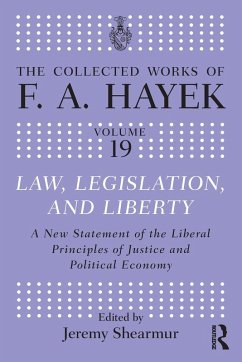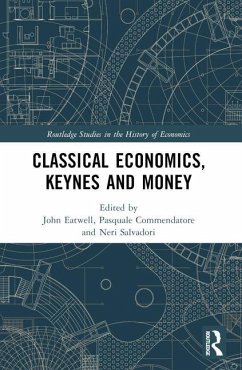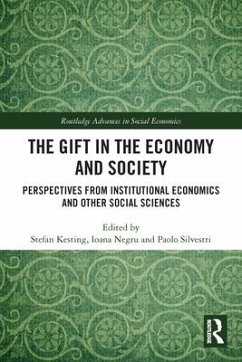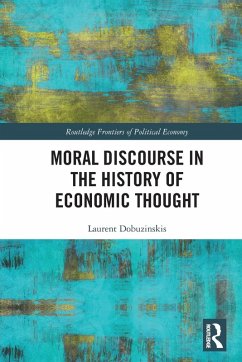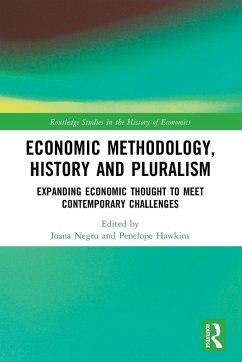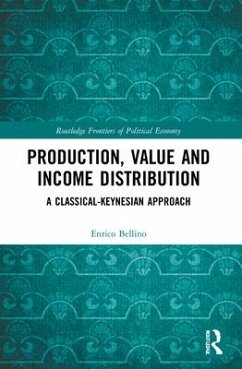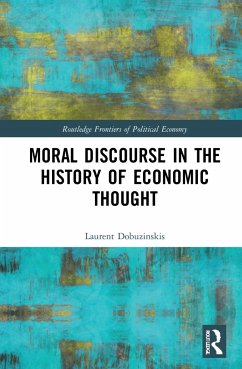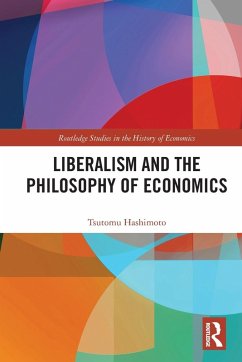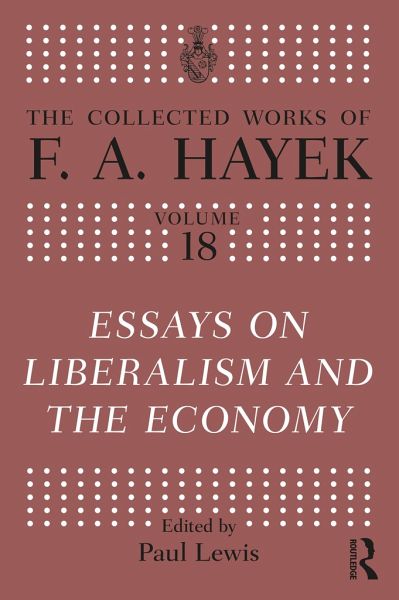
F.A. Hayek
Gebundenes Buch
Essays on Liberalism and the Economy
Versandkostenfrei!
Versandfertig in 1-2 Wochen

PAYBACK Punkte
85 °P sammeln!




This deft selection includes some of Hayekâ s most important and famous essays as well as unpublished and lesser-known works spanning from 1931 to 1984.
F. A. Hayek (1899-1992), recipient of the Presidential Medal of Freedom in 1991 and cowinner of the Nobel Memorial Prize in Economics in 1974, was a pioneer in monetary theory and a leading proponent of classical liberalism in the twentieth century. Paul Lewis is professor of political economy at King's College London and an affiliated fellow with the F. A. Hayek Program for Advanced Study in Philosophy, Politics, and Economics at the Mercatus Center at George Mason University.
Produktdetails
- The Collected Works of F.A. Hayek
- Verlag: Taylor & Francis Ltd
- Seitenzahl: 630
- Erscheinungstermin: 4. August 2022
- Englisch
- Abmessung: 235mm x 157mm x 38mm
- Gewicht: 982g
- ISBN-13: 9780415035248
- ISBN-10: 0415035244
- Artikelnr.: 43676073
Herstellerkennzeichnung
Libri GmbH
Europaallee 1
36244 Bad Hersfeld
gpsr@libri.de
Für dieses Produkt wurde noch keine Bewertung abgegeben. Wir würden uns sehr freuen, wenn du die erste Bewertung schreibst!
Eine Bewertung schreiben
Eine Bewertung schreiben
Andere Kunden interessierten sich für


